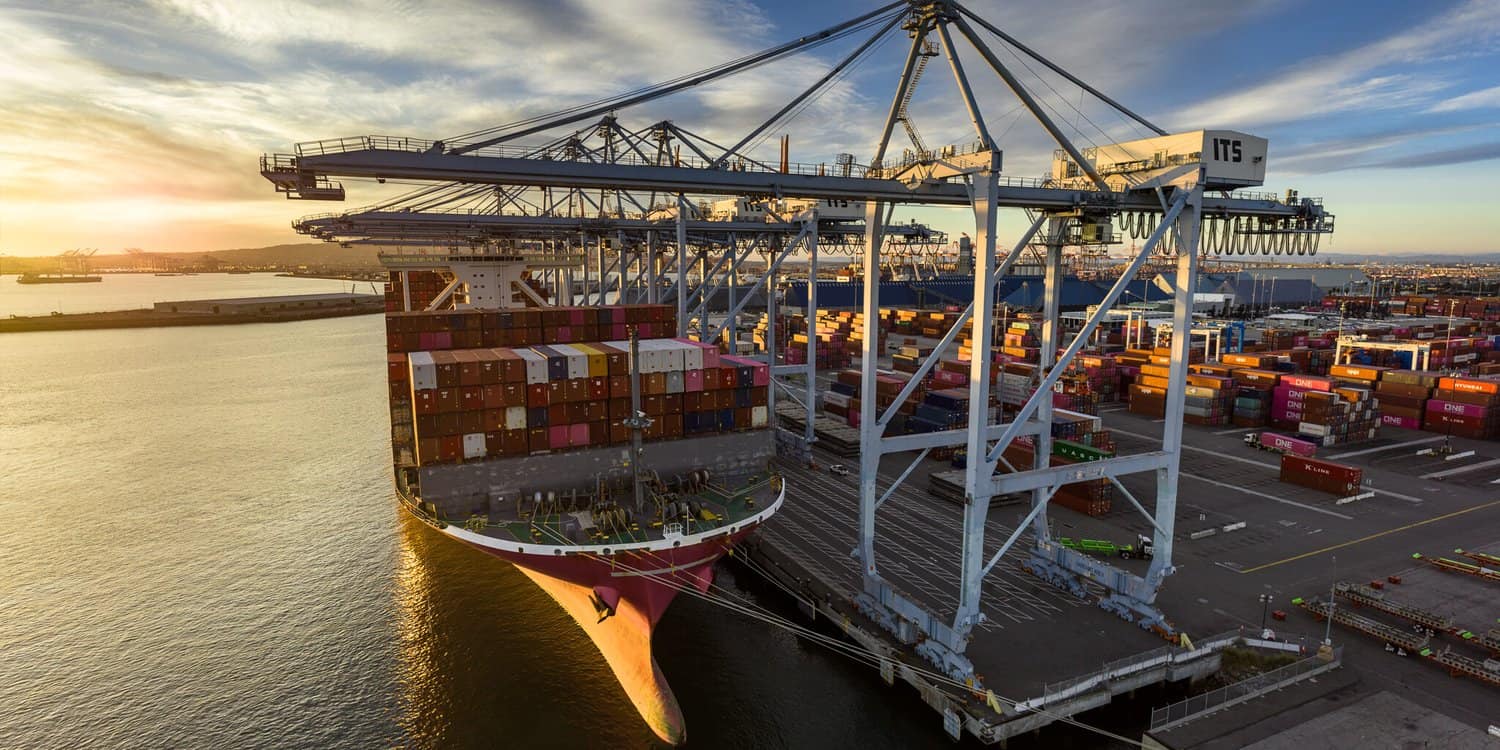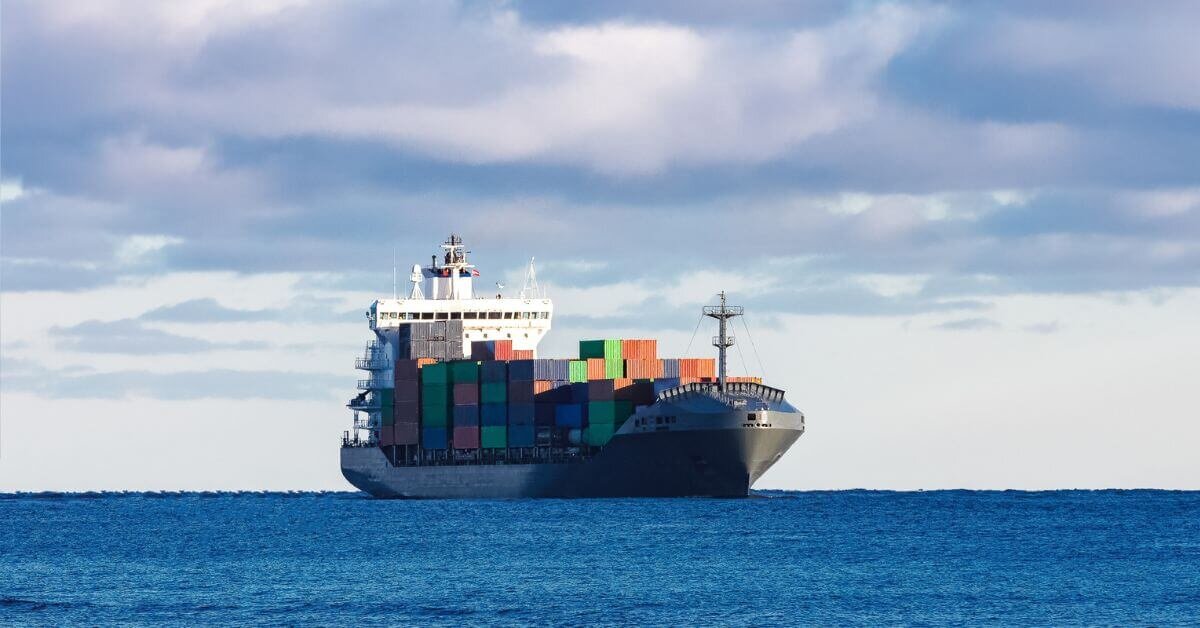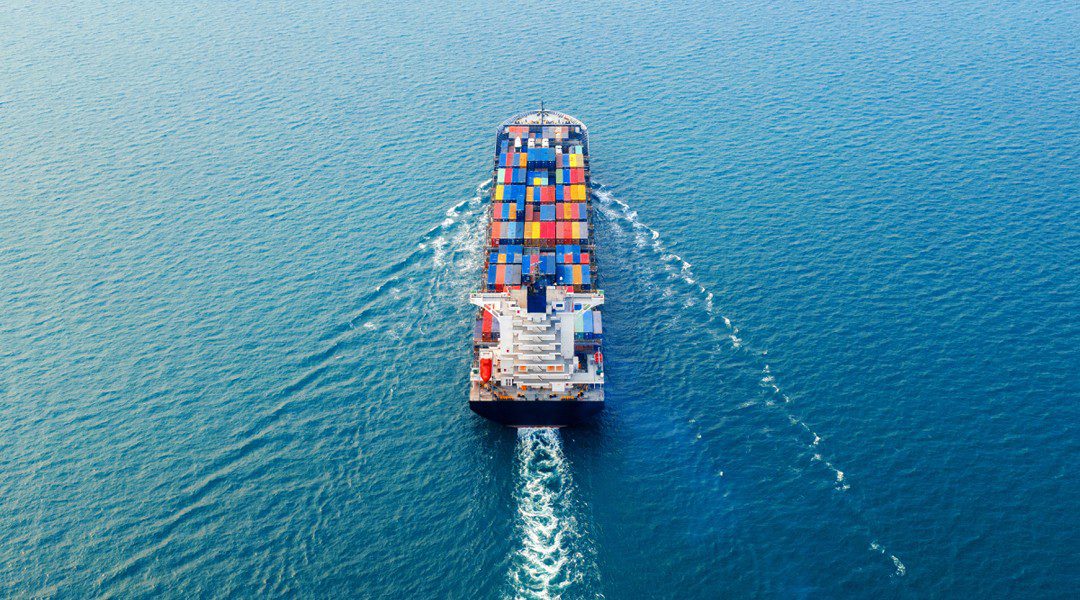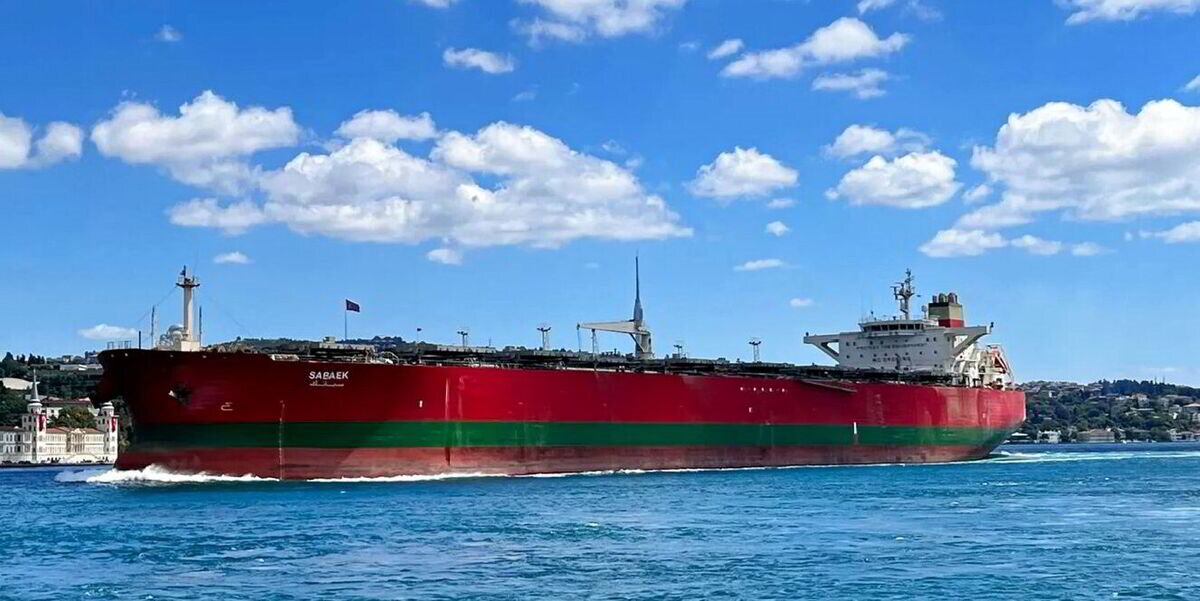New York, 15 August (Argus) — Sixteen governments that opposed the International Maritime Organisation (IMO)’s greenhouse gas (GHG) pricing plan at the April MEPC 83 meeting could formally opt out when the measure is up for adoption in October, bypassing MARPOL Annex VI rules.
Such a move could spare them higher sustainable fuel costs but leave their fleets facing market barriers in ports of compliant countries.
The 16 opposition countries included the Middle East countries of Bahrain, Iran, Iraq, Jordan, Kuwait, Oman, Qatar, Saudi Arabia, UAE and Yemen, as well as Indonesia, Malaysia, Pakistan, Thailand, Russia and Venezuela. The group includes major oil exporters and is influential in global fuel supply, but holds a smaller share of global fleet tonnage than supporters of the measure. In 2024, the deadweight tonnage of the global merchant fleet, comprised of vessels exceeding 1,000 gross tonnes, was at 2.4bn t, according to Clarkson Research Services, the research arm of ship broker Clarksons. Of this quantity, the IMO plan opposition countries accounted for 184mn t of the merchant fleet deadweight or only 7.6pc, with the UAE on top of the count with 57.4mn t, or 2.4pc (see chart).
The US, which did not vote in April, publicly rejected the IMO’s net-zero framework on 12 August, warning that the regulation would raise fuel costs, burden shipping and trigger reciprocal charges on foreign ships calling at US ports. Those costs would likely be passed to US consumers, a Chile-based shipowner told Argus in April. US’ merchant shipping fleet deadweight accounted for 1.9pc of the global fleet in 2024, according to Clarkson.
President Donald Trump’s term ends on 20 January 2029, a year after the IMO measure takes effect on 1 January 2028. A change in the US administration could reverse US policy, mirroring the US’ withdrawal from the Paris Climate Agreement during Trump’s first term and later re-entry into the Agreement during President Biden’s term.
Twenty-four countries abstained at MEPC 83, among them Pacific island states Fiji, Kiribati, Marshall Islands, Nauru, Palau, Tonga, Vanuatu, Seychelles, Solomon Islands and Tuvalu, as well as Uganda, Ghana, Egypt and Argentina. The Pacific islands criticised the regulation for lacking climate ambition. Abstentions do not count toward the two-thirds majority needed. If 103 countries attend in October and 24 abstain, only 79 votes are counted, requiring 53 to pass, fewer than the 63 affirmative votes already secured.
Opting out of the IMO regulation would not shield non-compliant vessels from enforcement abroad. The 63 IMO directive supporters, including the EU, UK, China, India, Japan, South Korea, Brazil, Singapore, Norway, Canada and South Africa, could choose to inspect, detain or bar non-compliant vessels. EU ports applying the FuelEU Maritime and EU ETS regulations could also impose surcharges or entry restrictions on ships exceeding GHG thresholds. Charterers with emissions targets are expected to avoid non-compliant vessels, and insurers may raise premiums or decline cover.
Greece, China and Japan’s merchant vessels, alone had total of 1.1bn t deadweight, or 46.5pc of the global merchant fleet deadweight, according to Clarkson. Singapore, South Korea and Norway accounted for 304.1mn t deadweight, or 12.6pc.
Not all IMO regulation supportive countries may enforce the measure equally, leaving scope for IMO opposition states to gain freight cost advantages. In the first half of 2025, China and Singapore, both IMO regulation supporters, sourced 50pc (172.6mn t) and 35pc (25.0mn t) of their crude and petroleum product imports, respectively, from Middle East states opposing the IMO regulation, showed shiptracking data from Vortexa.
By Stefka Wechsler




